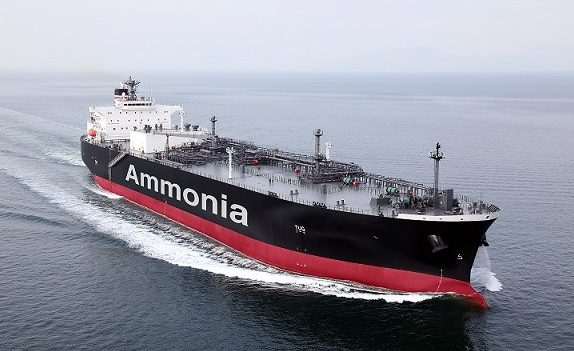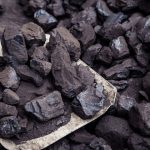The International Energy Agency has released a new long-term energy transition forecast, drilling down into individual industrial sectors, with ammonia touted to be the long-term winner in today’s battle for shipping fuel supremacy.
The IEA’s new report, Energy Technology Perspectives 2020, suggests that in shipping, biofuels, ammonia and hydrogen will meet more than 80% of fuel needs in 2070 (see chart below), using around 13% of the world’s hydrogen production, with ammonia the clear leader.
More than 60% of the emissions reductions in 2070 come from technologies that are not commercially available today
“These changes require further tightening of efficiency targets and low-carbon fuel standards to close the price gap with fossil fuels and de-risk investment,” the IEA report states, going to add: “The decarbonisation of these sub-sectors will require long-term planning and government support. R&D of alternative powertrains and fuels is needed to reduce costs and improve performance, and measures to develop associated infrastructure. More than 60% of the emissions reductions in 2070 come from technologies that are not commercially available today.”
Class society DNV GL has published its own fuel mix predictions through to 2050 this week with the launch of its own Energy Transition 2020 report. The Norwegian firm reckons shipping’s fuel mix in 2050 will switch from being almost entirely oil dominated today, to a mix dominated by low- and/or zero carbon fuels (60%) and natural gas (30%, mostly LNG), supported by a host of successful, regionally imposed, decarbonisation efforts. The low-carbon fuels outlined in the DNV GL report are a mixture of ammonia, hydrogen, and other electrofuels such as e-methanol.
Speaking at the launch of the class report on Wednesday, Andreas Sohmen-Pao, chairman of Singapore’s BW Group, one of the world’s largest shipowners, said his company is looking at methanol, biofuels and ammonia on its path towards decarbonisation.
Likewise, 11 months ago another shipping giant, Maersk, in its own bid to lead shipping towards decarbonisation, revealed it had identified three fuels to focus on, namely alcohol, biogas and ammonia.
A report published last month by Alfa Laval, Hafnia, Haldor Topsoe, Vestas and Siemens Gamesa suggested that renewable ammonia could power 30% of the global maritime fleet by 2050.
Source:- Splash 24/7






